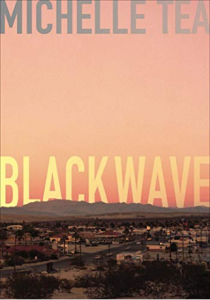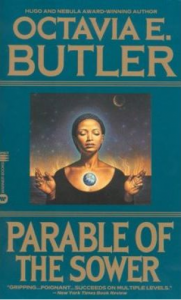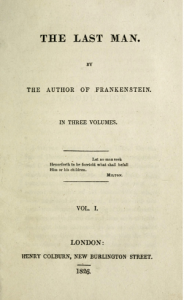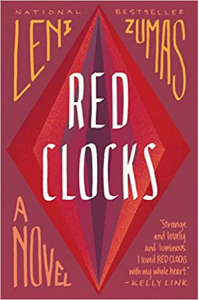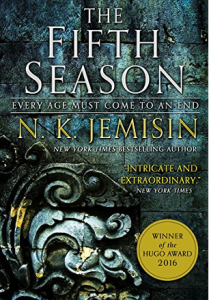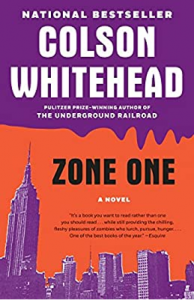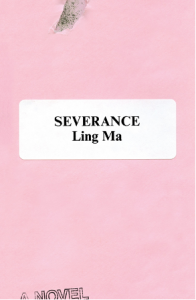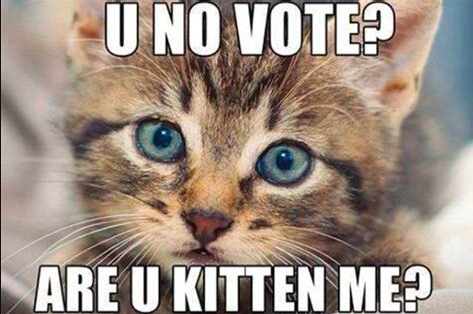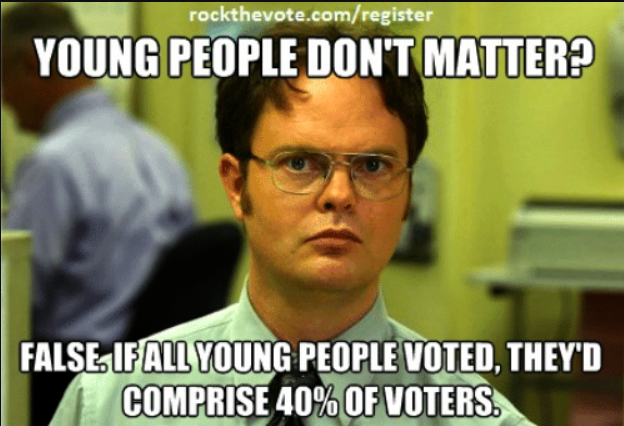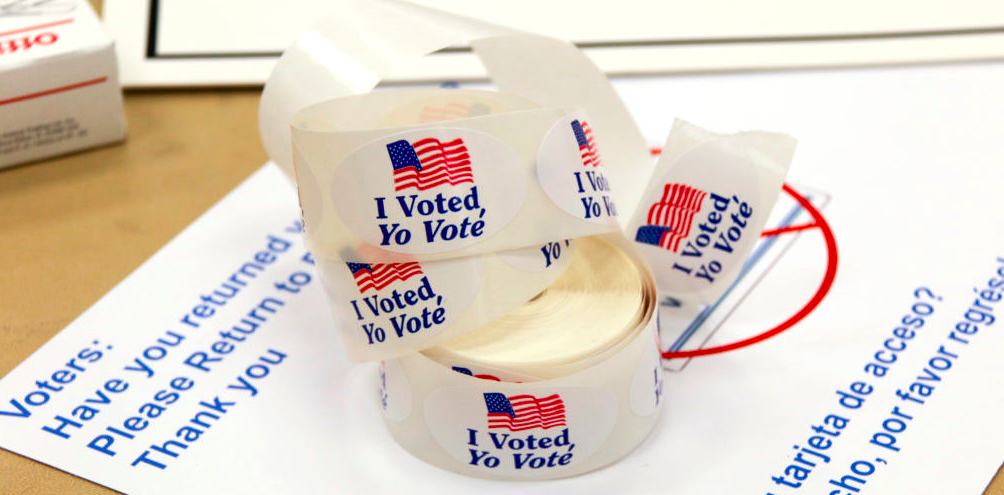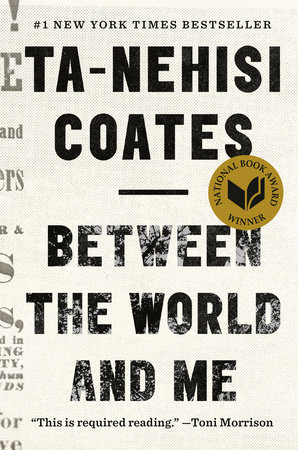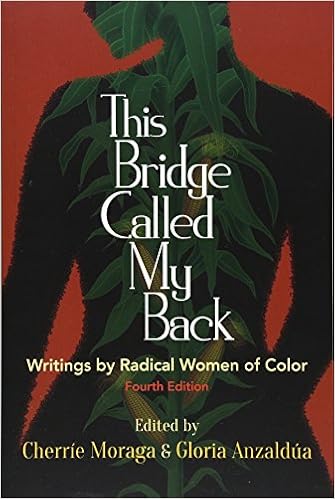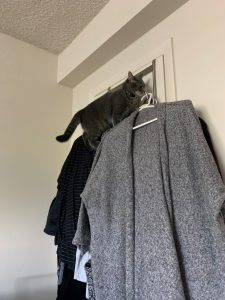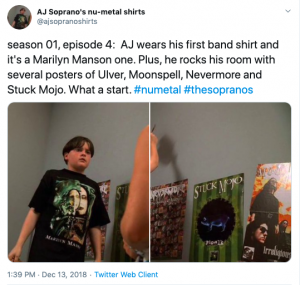As Black History Month dawns, as a woman of color, I lament the shortness of this month. However, February was chosen for specific reasons, in spite of its shortness. February was chosen by Carter G. Woodson to honor the first Republican President, Abraham Lincoln, and one of the most famous Abolitionist and a former America’s Most Photographed, Frederick Douglass to honor the birthdays of both men.
Despite the shortness of the month, Black History is everywhere. In lightbulbs, fun summer toys, Washington, D.C., music, fashion, language, and more. In fact, this is one of my favorite times of the year as I get to learn something new about the contribution of Black people to the fabric of the American experiment.
As Former President Barack Obama stated:
… From our earliest days, black history has been American history. We’re the slaves who quarried the stone to build this White House; the soldiers who fought for our nation’s independence, who fought to hold this union together, who fought for freedom of others around the world. We’re the scientists and inventors who helped unleash American innovation. We stand on the shoulders not only of the giants in this room, but also countless, nameless heroes who marched for equality and justice for all of us. It’s about the lived, shared experience of all African Americans, high and low, famous and obscure, and how those experiences have shaped and challenged and ultimately strengthened America.

“Shared and lived experiences,” forged on paper to challenge societal viewpoints, are present in all media forms. Literature reflects the current environment of our nation. Many books now feature individuals of color as main characters or are written by authors of color, a major change from decades past. And this inspires many children to become published and speak about what is important to them and why Their Black is Beautiful. For example, an eleven-year-old Black student, Aiden Taylor, has become a published author in the pandemic. His book, Me and My Afro, discusses the importance of his hair to his identity.

Hair is a large part of many people’s identity. For many people of color, particularly Black people, it can often become a fight against societal oppression. It is only in the last five years that individuals of color in the military could wear their hair in braids or dreads without reprimand. However, this is still a pervasive problem that many students face in schools, competitions, and beyond.
Shared experiences have shaped this campus. Illinois has a rich history of Black cultural experience and activism on this campus. William Walter Smith was the first Black student to graduate from UIUC in 1900 with a B.A. in Literature and Arts (he also received a B.S. in Civil Engineering in 1907). Maudelle Tanner Brown Bausfield was the first woman in 1906 with Hilda Lawson following in her footsteps with a PhD in 1939.
Kappa Alpha Psi’s second chapter, Beta, was founded at the University of Illinois on February 8th, 1913. This makes Kappa Alpha Psi the oldest Black fraternity on campus. In the 1960s, students lobbied the university to admit and enroll more students of color, which ended with over two hundred students being arrested. In 2015, Being Black at Illinois lobbied the university to re-instate the Project 500, the 1960s diversity initiative. Former students
Black History is everyone’s history. As Kamala Harris, the first woman of color to become the Vice-President of the United States of America said in her election night victory speech, “I may be the first, but won’t be the last.” William Walter Smith, Maudelle Tanner Brown Bausfield, and Hilda Lawson may have been the pioneers, but they were not the last. Their legacies have allowed many Black students to attend and enrich Illinois and their home communities as evident by independent artists and educators, Mother Nature, whose experiences on campus led them to use hip hop to organize communities. The contributions made by many Black students have shaped Illinois into the future, lifting every voice.

If you want to know more about Black history at University of Illinois and beyond, please check out these sites and cities (this is not a comprehensive list):
The DuSable Museum of African American History– Chicago
National Civil Rights Museum – Memphis
African American Museum– Washington D.C.
National Center for Civil and Human Rights Museum– Atlanta
National Black Music Museum– Nashville
University of Illinois, Archives – Urbana-Champaign
Written By: Simone Stone
References Cited
Atrl.net. (2016, October 18). Black Soul Train GIF. Giphy. http://gph.is/2esq9V3
Books by and/or about Black, Indigenous, and People of Color 2018- (2020, October 27). Cooperative Children’s Book Center. University of Wisconsin-Madison, School of Education. https://ccbc.education.wisc.edu/literature-resources/ccbc-diversity-statistics/books-by-about-poc-fnn/
Harris, K.(2020, November 7). Vice President-Elect Kamala Harris Addresses the Nation [Video]. YouTube. https://www.youtube.com/watch?v=bsrzIcTwtMo
Into Action (2021, January 25). Black Lives Matter BLM GIF. Giphy. https://gph.is/g/4oW8jyJ
Into Action (2021, January 25). Black Lives Matter BLM GIF. Giphy. https://gph.is/g/aXVN0YR
Jean-Philippe, M. (2021, Jan 7). The Reason Black History Month is in February. Oprah Magazine. Retrieved from MSN 2021/2/1.https://www.msn.com/en-us/news/us/the-reason-black-history-month-is-in-february/ar-BB1cyJ9P?li=BBnb7Kz
Johnson, P.K. (2016, December 27). Frederick Douglass was the Most Photographed American of the 19th Century. NBC News. https://www.nbcnews.com/news/nbcblk/frederick-douglass-always-ready-his-close-n517391
Kappa Alpha Psi Celebrates its History as Illinois’ Oldest Black Fraternity. (2012, February 8). The Daily Illini. Retrieved 2021, February 1. https://dailyillini.com/uncategorized/2012/02/08/kappa-alpha-psi-celebrates-its-history-as-illinoisae-oldest-black-fraternity/
Kindy, D. (2019, June 21). The Accidental Invention of the Super Soaker. Smithsonian Magazine. https://www.smithsonianmag.com/innovation/accidental-invention-super-soaker-180972428/
Keene, L. (n.d.). Benjamin Banneker: the Black Tobacco Farmer who the Presidents Couldn’t Ignore. The White House Historical Association. https://www.whitehousehistory.org/benjamin-banneker
Mirza, F. (2015, February 4). #BeingBlackatIllinois discusses solutions to African-American student decline. The Daily Illini. https://dailyillini.com/news/2015/02/04/beingblackatillinois-discusses-solutions-to-african-american-student-decline/
National Museum of African American History and Culture. (2021). A People’s Journey, A Nation’s Story. https://nmaahc.si.edu/
National Center for Civil Rights at the Lorraine Motel (2021). Education and Interpretation. https://www.civilrightsmuseum.org/learn
National Center for Civil and Human Rights Museum. (2021). About the National Center for Civil and Human Rights. https://www.civilandhumanrights.org/about-the-center/
National Museum of African-American Music. (2020). History. https://nmaam.org/
Peters, A.M. (2020, August 21). One Proposal for Improving Army Inclusivity for Women of Color: Update Hair Regulations. Military.com. https://www.military.com/daily-news/opinions/2020/08/21/one-proposal-improving-army-inclusivity-women-of-color-update-hair-regulations.html
Scholastic. (n.d.) Latimer, L. Culture and Change: Black History in America. Famous African-American Inventors. http://teacher.scholastic.com/activities/bhistory/inventors/latimer.htm
Smith, M. (2021, February 1). 11-Year-Old Boy Writes Book Me and My Afro to Help Kids’ ‘Love the Way They Are.’ People. https://people.com/human-interest/boy-11-writes-book-me-and-my-afro-about-self-love/
Smithsonian National Museum of African-American History and Culture (2017, September 28). YouTube Faces GIF. Giphy. http://gph.is/2fThUTW
Straw, J., Swain, E., Prom, C. (2003, June). Guide to African-American Research Resources. University Archives at University of Illinois at Urbana Champaign. https://archives.library.illinois.edu/guides/afamer.php#bkmark1
Stubbs, R. (2019, April 17). A wrestler was forced to cut his dreadlocks before a match. His town is still looking for answers. Washington Post. https://www.washingtonpost.com/sports/2019/04/17/wrestler-was-forced-cut-his-dreadlocks-before-match-his-town-is-still-looking-answers/
Student Life and Cultural Archival Program (2010). Project 500 and the Struggle for Campus Diversity at the University of Illinois. Oral History Projects at the Student Life and Cultural Archival Program. https://archives.library.illinois.edu/slcold/researchguides/oralhistory/project500/
“The Talk”: The Conversation That Sparked a Movement. (2019, January 1). My Black is Beautiful. https://www.mbib.com/en-us/redefining-black/the-talk-conversation-that-sparked-a-movement
Tse, K. (2021, January 29). Independent Media Center catches up with Mother Nature. The Daily Illini. https://dailyillini.com/features/2021/01/29/independent-media-center-catches-up-with-mother-nature/
The White House Office of the Press Secretary (2016, February 18). Remarks by the President at Black History Month Reception. Obama White House Archives. https://obamawhitehouse.archives.gov/the-press-office/2016/02/18/remarks-president-black-history-month-reception










